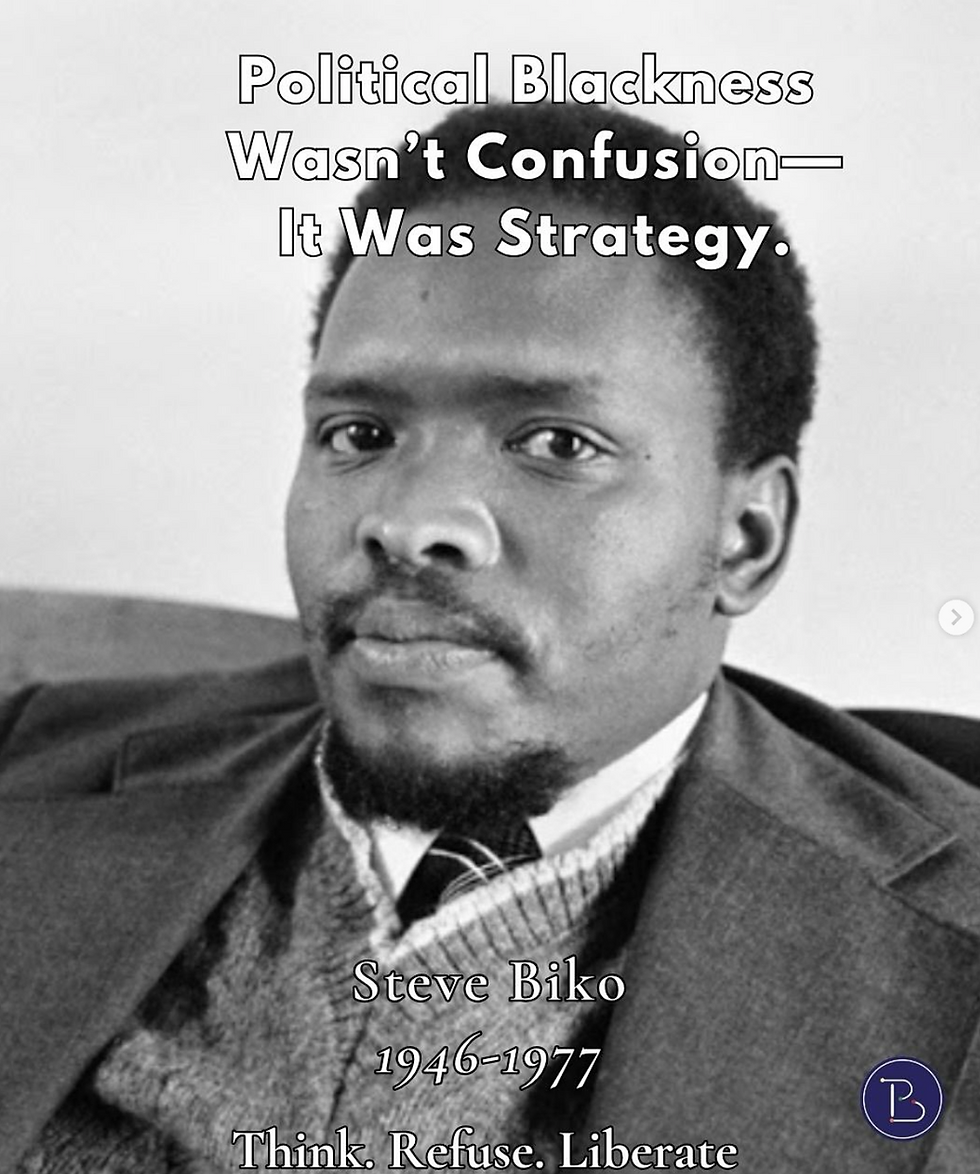Jayaben Desai: She Fought In a Sari. And Shook The System.
- Jonah Batambuze

- Aug 3, 2025
- 2 min read

They didn’t expect resistance to sound like Jayaben Desai.A 4’10” South Asian woman in a sari—sharp-tongued, uncompromising—staring down riot police, union bosses, and empire’s echo.
But in 1976, she walked out of the Grunwick photo-processing factory in North London—and into history.
Jayaben wasn’t alone.She moved in chorus with a quiet storm: older, working-class Brown women—many recent immigrants from East Africa and South Asia—who had long been invisible to Britain’s labor movement.Invisible, until they made themselves undeniable.
They weren’t just fighting for better wages.They were fighting for recognition.Dignity.A place in a system that had exploited their labor and erased their voices.
And when Britain’s trade unions hesitated to back them—when the media framed them as “ungrateful immigrants”—they held the line anyway.
What followed was one of the most powerful moments of multiracial, migrant-led, working-class resistance in modern Britain.
Black postal workers joined the strike.Irish dockers stood beside them.White leftists brought solidarity to the picket line.
The Grunwick Strike was no longer just about a factory.It became a site of radical memory.A battleground where Black and Brown voices forced themselves into a narrative that had tried to exclude them.
This is what Black x Brown solidarity can look like.Not just a slogan.Not an academic framework.But hands clasped in defiance.Bodies on the pavement.Voices in sync.
Jayaben Desai once said:
“What you are running is not a factory—it is a zoo. But in a zoo, there are many types of animals. Some are monkeys who dance on your fingertips. But others are lions who can bite your head off. We are those lions.”
She wasn’t wrong.
We archive because they tried to forget us.We document because silence isn’t an option.We remember because remembering is resistance.
Grunwick isn’t just the past.It’s a blueprint.For how solidarity is built.For how the invisible become unforgettable.
Jonah Batambuze is a Ugandan-American interdisciplinary artist and founder of the BlindianProject, a global platform remixing Black x Brown identity through art, history, and storytelling. His work moves across installation, film, writing, and education—challenging systems of erasure while building new cultural blueprints.
Batambuze speaks and facilitates internationally on topics including Black South Asian solidarity, caste and colonial legacies, diasporic memory, and cultural resistance.
For speaking engagements, workshops, or media inquiries, contact: jonah@blindian-project.com or visit jonahbatambuze.com/speaking




Comments